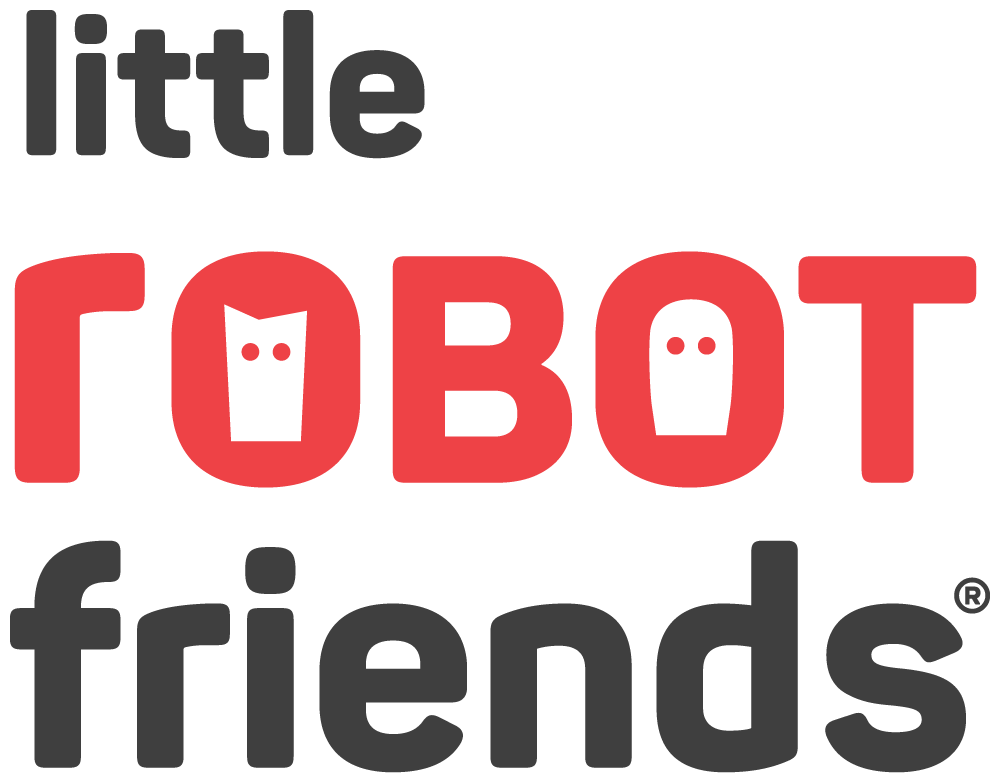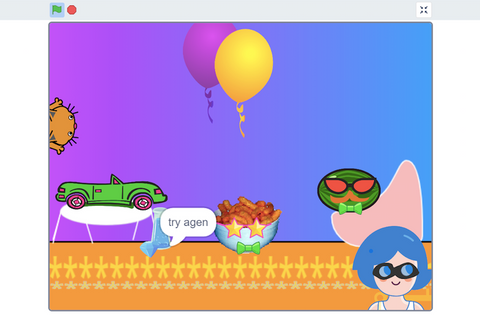Our final week of Summer Camp is here and what a neat little journey it’s been! Through the course of running online programs, we’re continually working to adjust, to make the experience not just better, but enjoyable. We’re interested in getting to know our budding coders and creating a sense of community among them. We want to foster a sense of play. We want the coders to feel challenged, competent, and successful. And we want to do it in the span of a week.
I like to think we have been successful in making all of these things happen. How? Well, it’s not hard when you’re surrounded by glorious young humans! Here’s a little reflection from our last Code Breakers Camp and what we did to create opportunities for connection in a time where it was (and still is) truly needed.
We’re interested in getting to know our budding coders and creating a sense of community among them. We want to foster a sense of play. We want the coders to feel challenged, competent, and successful. And we want to do it in the span of a week.
On the first day of camp, we discovered that coders really enjoyed telling riddles and needed zero help coming up with something for their “riddle escape room” project. So, throughout the week, we continued to offer the group a riddle to flick their brain ON/OFF switch to ON. Campers always accepted the challenge and were also invited to share whatever new riddles they discovered. Speaking of discovery, did you know kiddos have so many opinions? They do! And they really like being prompted with ‘Would You Rather’ queries as a means to share them. We used Zoom’s polling feature to ask campers if they “would rather have edible spaghetti hair that regrows each night or pores that sweat maple syrup''. 87% of Code Breakers would rather have spaghetti hair. This wasn’t just some silly way to get our coders in a good mood to start our days (though it did do that), it was a way to get them talking about stuff amongst each other. We asked campers to explain and justify their answers. Enthusiastically, they could explain that “if you were invisible, light would not properly hit your retina, so you wouldn’t be able to see anything”.
Here’s a snapshot of the fun results. Aren’t they just GREAT?

We used Zoom’s polling feature to ask campers if they “would rather have edible spaghetti hair that regrows each night or pores that sweat maple syrup''. 87% of Code Breakers would rather have spaghetti hair.
After a thrilling “would you rather” warm-up and a bit of coding, we gave the kids a mission to complete before break-time. Break-time missions are a great way to get our campers to step away from their screens, but also a neat way to get to know them a bit better. Added bonus: they’re at home and this acknowledges that and embraces it. We charge them with going to find various items: things that start with the first letter of their name; something you made; something bendable; something that requires a code; something that brings you joy. After their walk around the house - during which time they’ve hopefully realized they’re hungry, or thirsty, or need to use the washroom - everyone shares their “finds”. One week, someone brought a lime. A lime? And then, somehow, a lime fit the criteria for other missions that week - but always for someone new. Jokes.
None of this felt forced or contrived. In fact, it feels like we’re hanging out with a group of friends. During instructional time, coders would go into skill-based breakout rooms (thanks, Zoom!) where they would work in small groups, with one of the instructors, on their coding project for the day. In the breakout rooms, coders were comfortable and relaxed. They chatted and exchanged ideas. Group Binary was explicitly guided through activities and then given time to recreate a similar program with their own spin. Group Encrypt learned how to code draggable sprites and got creative with their graphics in the vector editor. Did one coder develop a program with a mustached watermelon looking for a key under the watchful eyes of an apologetic burglar? Yes, yes they did. In both groups we saw coders getting more comfortable with taking risks, getting creative, and developing increasingly complex code. And our favourite part: sharing their amazing work!

I can’t begin to tell you how wonderful it is to be working for an organization that supports students and staff like Little Robot Friends does. We’re trusted as educators to not only develop educational curriculum, but to have fun and connect with coders and give them the space to connect with each other too. The ultimate result: responsive pedagogy and happy coders!
***
This blog post is written by Michelle Mismash. She is our Summer Camp educator and has been a teacher for over 12 years. Michelle has lived all over the place, teaching everything from phonics to woodworking. When she's not making friends with little robots, she uses her OCT credentials to teach for the Toronto District School Board. Michelle also has three cats and too many plants to count!

